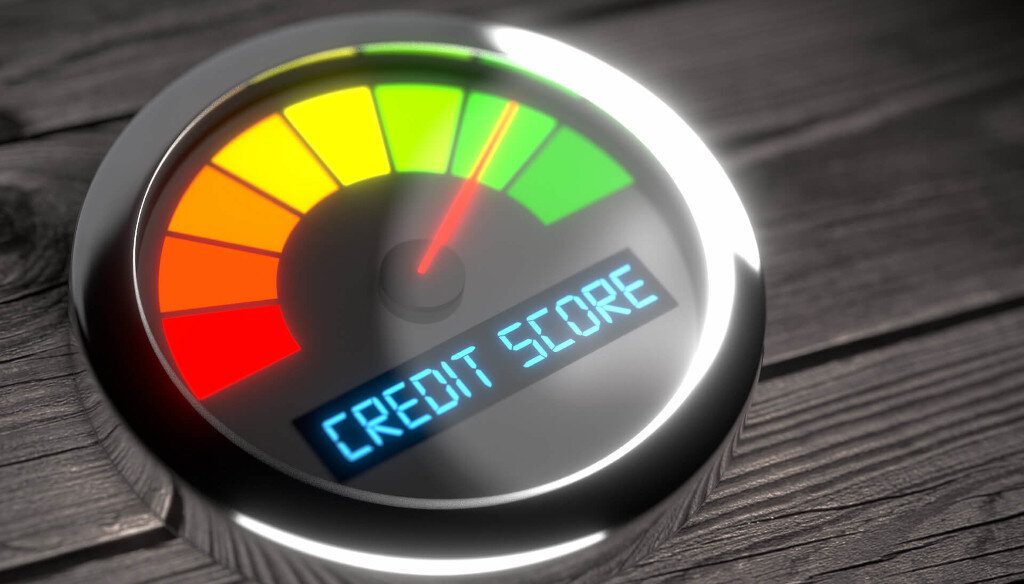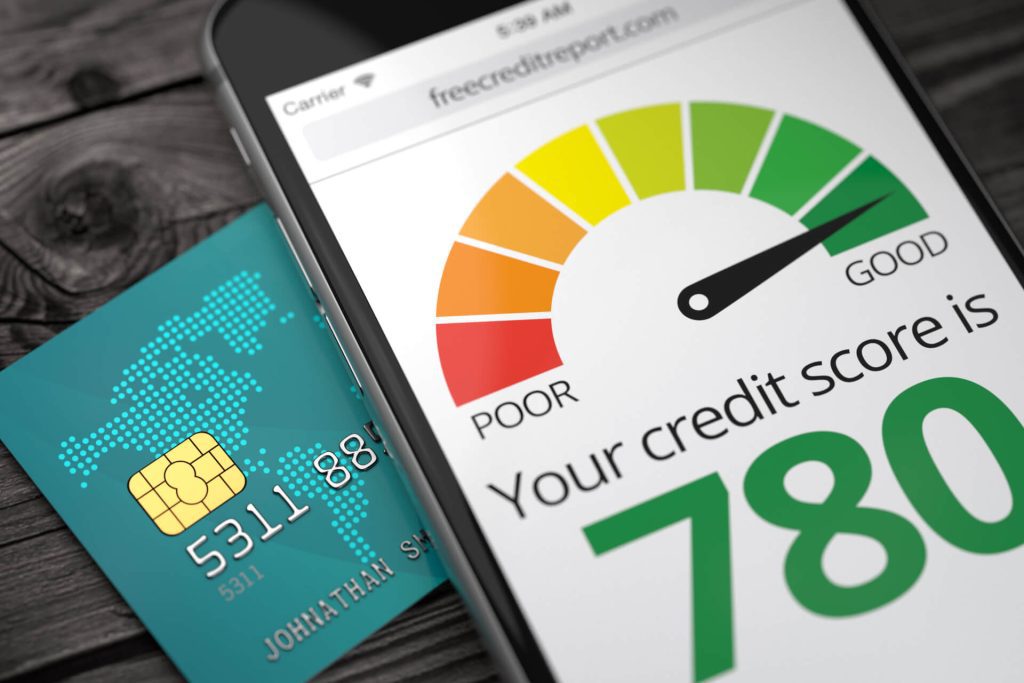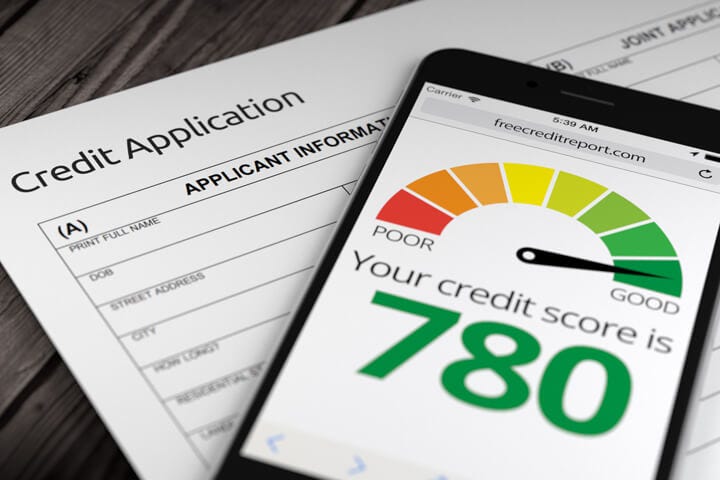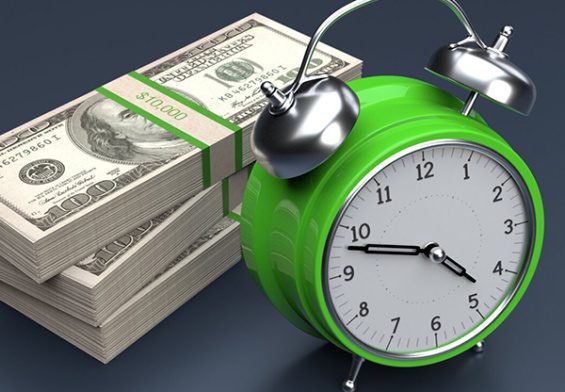
Table of Contents
Intro: How to Build Credit History from Scratch
How to Build Credit History from Scratch: It can be a hard thing to do, but getting credit can be a big step in reaching financial stability, and getting started building a credit history is an important first step in doing that. As you start out in the world of credit, or if you don’t have very much history in your credit, building a good solid foundation will help you open doors to loans, housing, and lower rates on other important services. Below is a comprehensive guide on how to build credit from scratch (proven methods, practical tips and things to avoid).

1. Credit: What it is and why it matters
A credit history is a history of how you’ve managed credit (such as credit cards, loans and other debt). Your credit report and credit score are created by credit bureaus and this history is tracked. A positive credit score means lenders know they can count on you to pay back the money you borrow. Loans, credit cards, rental housing — you’ll be more likely to get approved.
Benefits of having a good credit history include:
Access to credit cards and loans at very affordable interest rates
Housing being much more probable to be approved.
Some cases of lower insurance premiums
Savings on security deposits for utilities.
2. First, begins with a Secured Credit Card.
Using a secured credit card is one of the easiest ways you can start building credit. To obtain a secured card you will need to put up a cash deposit as your credit limit. For instance, such as if you deposit $300; that’s your credit limit.
The benefits of a secured card:
Accessibility: Often, someone without a credit history can secure cards.
Reporting to Credit Bureaus: Secured cards report to the major credit bureaus and most of them allow you to establish a credit record.
Gradually using a secured card responsibly – paying your bill ‘on time’ and keeping balances low – will help to build a positive credit history.

3. Become an Authorized User
If a family member or close friend has a good standing credit card and will allow you to become an authorized user on their credit card, you may be in this category. If you are an authorized user, you will get a card with your name on it and the account activity should be reported on your credit report.
Here’s how it can help:
Fast Credit Building: By linking your primary account holder’s established credit, you reap the rewards of having a full account without the responsibility of managing one yourself.
No Financial Obligation: That means you aren’t required to make payments, but responsible card use will build reputation for the card.
If you’re an authorized user, select someone reputable with a low credit utilization and positive payment history to achieve the best possible results.
4. Use a Credit-Builder Loan
Credit Builder loans are created especially for those who want to build or improve their credit. With a credit builder loan the loan itself is placed in a savings account and you make the required monthly payments. You receive the money plus the interest made from the savings after the loans is fully paid.
Advantages of credit-builder loans:
Reports to Credit Bureaus: Credit bureaus receive your payments which help you build a payment history.
Savings Component: This allows you to save money when the loan is paid off and build your credit and your savings.
But many credit unions and community banks also offer credit-builder loans, meaning you can get one even if you have no credit history.
5. Pay All Bills on Time
Consistent on time payments of regular bills such as a utility or rent will help to build your credit regardless of whether or not certain bills such as utilities or rent appear on a credit report. Some credit bureaus will allow renters to have their rent and utility payments reported, so over time it can help your score.
Tips for maintaining on-time payments:
Set Reminders: Looking at calendar reminders or setting the payment on auto pay can prevent you from ever missing a payment.
Use Budgeting Tools: A budgeting tool or app helps you track expenses and better prioritize bills and pay on time.
6. Fill out Retail Store Credit Card application
Because retail store credit cards tend to be easier to qualify for than traditional credit cards, they’re a viable option for people with no credit history. But, of course, be careful, because the rates on these cards are much higher.
How to use a store card responsibly:
Make Small Purchases: The card works as a small, cheap purchase you can pay off for a complete thirty days.
Avoid High Balances: Limit usage to bring your balance at home to a manageable level.
A retail store card has the potential to help you establish a positive payment history without having high fees, having on-time payments and low balances.

7. How to Monitor Your Credit Score and Report Regularly?
It’s important to check your credit report regularly to see where you are and continue from there. Each of the three major credit bureaus — Experian, Equifax and TransUnion — is obligated to provide you with an annual report free of charge at AnnualCreditReport.com. Monitoring your credit allows you the time to flag potential problems and see how your actions impact your score.
Benefits of monitoring your credit:
Detect Errors Early: If you see the wrong information on your credit report, it can hurt your credit, so look out for errors and report those right away.
Motivation: It can be rewarding and keep you motivated to keep responsible credit habits if you can watch your score improve.
Because many financial apps and sites also come with free credit score tracking, you can see how you’re progressing with your credit over time.
8. Keeping on Top of Your Credit Utilization
Credit utilization is the ratio of how much credit you’re using compared to how much credit you can have. To have a positive effect it is thus recommended to keep this proportion below 30%. In terms of example, if you have a credit limit of $1,000, but you’d like to stay at $300 or below.
Tips for managing credit utilization:
Make Multiple Payments: Keeping your balance low through the month can help you keep your credit utilization rate low.
Request a Credit Limit Increase: By showing responsible usage over time, your credit card issuer may increase your limit lowering your utilization rate even further.
Both providing a lower balance will improve your score, and make debt easier to pay off and deal with in general.
9. Control the use of new credit.
Every time you borrow money from any company or bank, they ‘hard inquiry’ on your credit report which could slightly reduce your credit score. Lenders shouldn’t be too easily bored so apply only when absolutely necessary.
Key points to remember:
Focus on the Basics: Build a history starting with one or two credit accounts before you seek further credit.
Time New Applications: Space out the applications so that you don’t have multiple inquiries made within a short period.
Over time, responsible management of just one or two accounts, establishes a good credit history, with or without additional accounts.
10. Be Patient and Consistent
It takes time to build credit from scratch, and it’s all about consistency. However, creating and maintaining strong credit profile is no overnight matter and requires credit history length, as well as a good payment history and responsible use of a credit.
Important reminders:
Stick to Positive Habits: A good credit score is based on on time payments, low balances and good credit use.
Avoid Common Pitfalls: Don’t exceed your credit limit or close accounts prematurely, both of which make going forward more difficult.
As time goes on, your credit history will be stronger, and the more financial flexibility it will give you in the future.
Final Thoughts: How to Build Credit History from Scratch
Getting started with building credit from scratch can feel overwhelming, but with the right approach and a little patience it’s possible to build a good credit history from scratch. The easiest options to begin with are secured credit cards, credit-builder loans or becoming an authorized user. Then put extra effort by applying good habits as such; like paying bills on time, avoiding high credit utilization and checking your progress.
In time, your hard work to build credit will continue to pay off as you take advantage of better interest rates, qualify for loans and emerge as more financially secure. What’s crucial is to keep things consistent; focus on good spending and credit habits; and stay patient. It is definitely worth the ride to come up with a strong, credit profile.
FAQs on How to Build Credit History from Scratch:
- What is credit history, and why is it important?
Credit history is a record of how you’ve managed loans, credit cards, and debts. A strong credit history is essential for obtaining loans, credit cards, and sometimes even rental housing. - How can I start building credit if I have no credit history?
You can start by applying for a secured credit card, becoming an authorized user on someone else’s account, or getting a credit-builder loan. - What is a secured credit card, and how does it help build credit?
A secured credit card requires a deposit as collateral and helps you build credit when used responsibly, as the activity is reported to credit bureaus. - Should I become an authorized user on someone’s credit card?
Yes, becoming an authorized user on a card in good standing can help you establish a positive credit history without full responsibility for the account. - What is a credit-builder loan?
A credit-builder loan is a type of loan where funds are held in a savings account until you make monthly payments, building a positive payment history. - Will paying my bills on time help build credit?
Yes, paying bills on time contributes to a good payment history, especially if rent, utilities, or other bill payments are reported to credit bureaus. - How long does it take to establish a credit history?
It generally takes about 3–6 months of consistent credit use to begin establishing a credit history, though a solid score may take longer. - What’s the difference between a credit report and a credit score?
A credit report is a record of your credit activity, while a credit score is a numerical rating based on your credit report data. - Does checking my own credit hurt my score?
No, checking your own credit (a “soft inquiry”) does not impact your credit score. - How does a good credit history benefit me?
Good credit can lead to better loan terms, higher credit limits, easier approval for housing, and even lower insurance premiums in some cases. - What is the best credit card for beginners?
Secured credit cards are often the best choice for beginners as they’re easier to qualify for and help establish credit with minimal risk. - Should I avoid applying for multiple credit accounts at once?
Yes, multiple credit applications in a short period can lower your score, so start with one or two accounts and build from there. - Does becoming an authorized user help if the account has a high balance?
Only if the primary cardholder has good payment habits and a low credit utilization. High balances can negatively affect your credit. - Can I build credit without using a credit card?
Yes, alternatives like credit-builder loans or reporting rent payments can help build credit without using a credit card. - What is credit utilization, and why does it matter?
Credit utilization is the amount of credit you use relative to your credit limit. Keeping it below 30% is ideal for a healthy credit score. - How does a budget help build credit?
A budget helps you prioritize debt repayment and avoid missing payments, which is essential for a positive credit history. - How often should I check my credit report?
Checking your credit report at least once a year is recommended to monitor progress and ensure accuracy. - Can I get a regular (unsecured) credit card with no credit history?
It’s challenging, but some entry-level unsecured cards are designed for those new to credit. Secured cards are more common for beginners. - Do utility and cell phone payments affect my credit?
Typically, they don’t, but some services allow you to have them reported, which can help build credit if you pay on time. - What’s the minimum credit score needed to qualify for a loan?
Most lenders prefer a score of at least 600, though lower or no credit scores may qualify for certain loans, such as credit-builder loans. - What’s the impact of late payments on my credit score?
Late payments can significantly hurt your credit score, especially if they’re 30+ days late. Always try to pay on time. - How can I keep track of my credit score progress?
Many apps and services offer free credit monitoring and scores, allowing you to see how your actions impact your credit. - Will closing a credit card account affect my credit?
Yes, closing an account can lower your score by reducing your available credit, especially if it’s an older account. - Is it necessary to carry a balance on my credit card to build credit?
No, it’s a common myth. Paying off your card in full each month is better for your credit score and helps you avoid interest. - How does rent reporting work for credit building?
Some services allow you to report rent payments to credit bureaus, which can help you build credit if you pay consistently. - Should I take out a small loan to build credit?
Only if you can make payments reliably. Loans like credit-builder loans can help build credit if used responsibly. - What’s the ideal number of credit accounts to have?
There’s no perfect number, but starting with one or two accounts and managing them well is effective for building a strong credit history. - How long do negative items stay on my credit report?
Most negative items, like late payments, remain for seven years, but their impact lessens over time as you build a positive history. - Can I request a credit limit increase to help my credit utilization?
Yes, an increased limit can help lower your credit utilization ratio, which is beneficial to your credit score. - What’s the best way to stay motivated while building credit?
Set small goals, track your progress, and remember that establishing credit takes time, but the benefits are worth it.
Also visit:-



